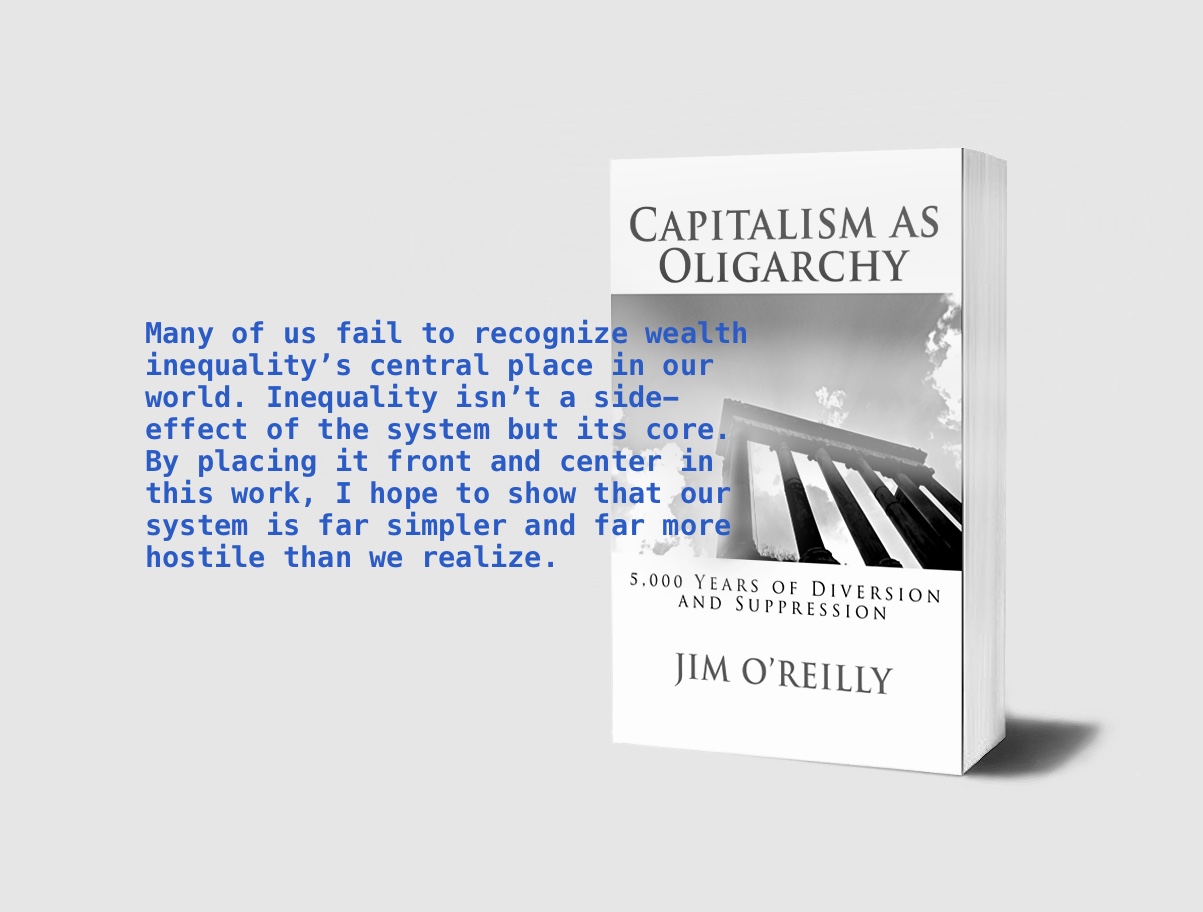Bernie Sanders on the minimum wage and teacher pay
Progressives in the United States are near unanimous in their support of Bernie Sanders’s calls for a $15 minimum wage and a $60,000 minimum pay for teachers. Taken in isolation, these both seem unobjectionable steps in the right direction and they raise no apparent ethical concerns. But this, in fact, is not really the case. When we place them side by side, we find that they expose important unaddressed questions on inequality.
The Sanders left too often (always) frames its inequality discourse in the negative–wealth and income concentrations at the top are grotesque and need to be reduced. Or income at the very bottom needs to go up. But we never get a positive framing that tells us what inequality level we should actually strive for.
A $15 wage at eight hours a day, 40 hours per week, 52 weeks per year comes to $31,200. This yields a nearly 2 to 1 differential in living standards in which one class–‘Walmart workers’–subsist on half the income of entry level teachers. I find this large differential in life quality, security, and inevitable sense of self-worth to be highly objectionable from a social justice perspective.
Suppose we were anthropologists and stumbled upon a society comprised only of teachers and ‘Walmart workers’ stratified in this way–what would we call it? I can think of a few possible names, but none would be ‘Democratic Socialism’. And no matter what we named it, we could confidently predict that such a society would be destined to instability and eventual effective tyranny. This is because hierarchies of income and wealth–for that is what inequality is–are hierarchies of power. Power corrupts and power perpetually and existentially seeks to suppress the majority.
That we can reach such a conclusion from the seemingly unrelated and innocuous issues of minimum wage and teacher pay shows how deeply embedded inequality is within our political system and also how important it is to present the problem and the solution in a positive differential way.
I think an effective means of arguing against inequality would be to start at the differential extreme, get agreement at that level, and then proceed downward. Working with the recent inequality report of Thomas Piketty et al (page 80 table 2.4.1), we find that the annual after tax income of the top .001% of US adults averages $90,826,000 or almost 3,000 times the $15 wage. Nearly everyone will agree this is grotesque as they will also to the 1,000 times level of $31,200,000. How about 100 times or $3,120,000? Here too I don’t think it would be a Herculean task to convince a large majority that no one should have this level of power in a fair and prosperous society. Let’s proceed downward then to the entry level for the top 10%–$113,000–which equates to a differential of 3.6. A full 90% of the adult population makes less than this amount which to be clear is after tax per adult, not per family. I think this general level of about 4 times the minimum could be a politically achievable but highy progressive starting point. But even if it were 10 times higher, over $1 million a year or 40 times the minimum, we would still gain substantially in forcing the conversation to what the maximum income differential should be while simultaneously wiping out the most concentrated power in our society. Of course there are many details that need to be covered in such a grand re-structuring and there are the standard age-old arguments for maintaining the unequal status quo. I will cover some of these in upcoming posts. But come on! We need to stop beating around the bush on this issue.
Inequality is the fundamental problem not only of our time but of the entire 5,000 year history of civilization and it represents a grotesque corruption of human freedom. It’s time to put it to an end. While we can properly credit Sanders for making inequality a front and center issue, I think progressives need to offer a far stronger critique on the tight limits of his vision.


Thought proviking.